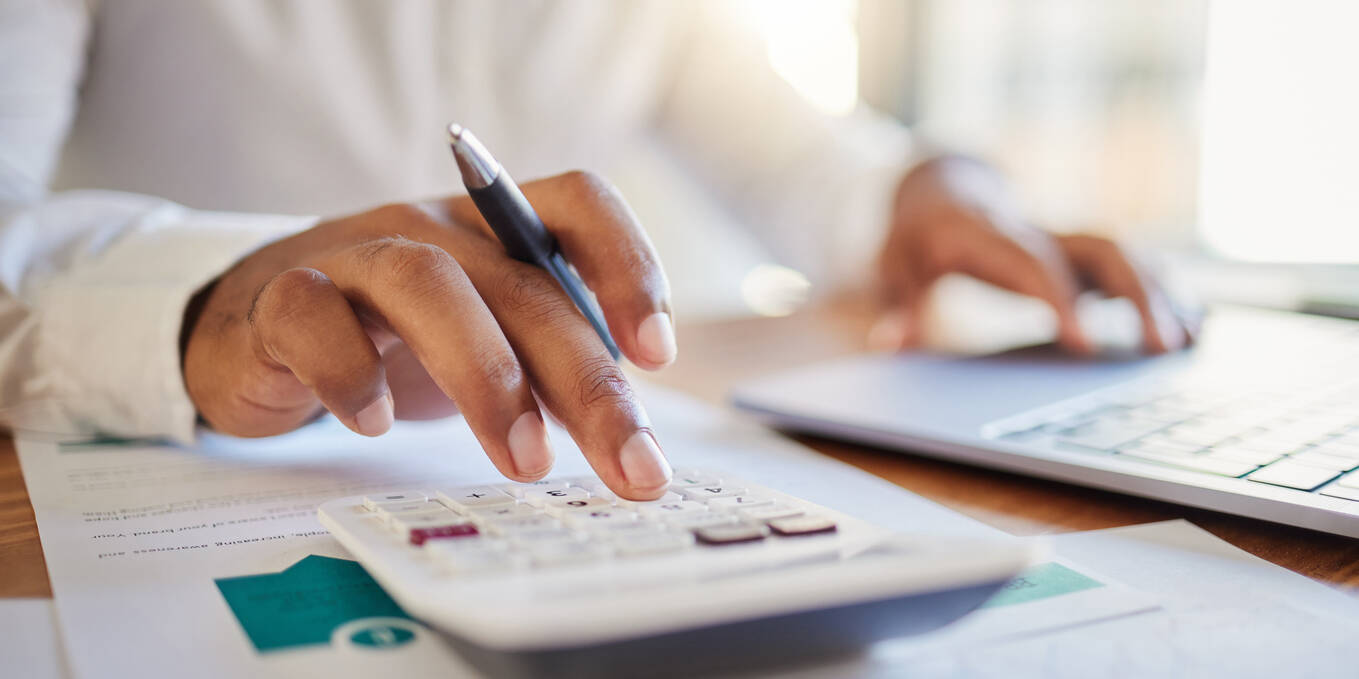Have you received a letter from HMRC stating you are NOT entitled to recover import VAT? Many of our clients have and are concerned about the implications on their trading operations.
This letter draws attention to importers who do not OWN the goods. For example, a Toll Manufacturer that imports goods for processing and then subsequently exports back to the owner.
This situation is driving up the cost of sales for businesses that can no longer recover the import VAT on goods they do not own.
HMRC’s New Procedures for Recovering Import VAT
From 15 July 2019, HMRC only allows claims for recovering import VAT made using the correct procedures. There are two ways we would recommend you do this:
- The owner of the goods, who is not a UK established business, registers for VAT in the UK and takes responsibility for import, paying and recovering the import VAT. This would bring additional complications for the non-UK entity, including finding a customs broker willing to act in a joint and severable capacity;
- The toll manufacturer implements a special procedure such as customs warehousing or inward processing. These procedures allow you to suspend payment of any customs duty and import VAT liability, and discharge it when the finished goods are re-exported.
Of course, another solution is to transfer the ownership of goods during import by exchanging a Toll contract for “Buy and Sell” contract, which also brings complications.
Lucy Pringle, Partner at Womble Bond Dickinson, mentions: Toll manufacturing contracts usually state that risk in the customer-supplied materials transfers on delivery, but that ownership in the materials stays with the customer throughout the processing. If instead the toll manufacturer buys the materials from the customer, then the contract needs to make this clear. In addition to the working capital hit, toll manufacturers need to consider any tax and insurance impact, plus whether transferring title in the materials affects the required conversion efficiencies.
Barbourne Brook's team of experts will analyse your unique customs profile to provide valuable insights, empowering you to establish best practise and protect your business from potential risk factors. Contact us today.
Related Posts
24 March 2025
Importers … Can You See What HMRC Sees? Unlocking Your Customs Data
Many businesses trust that their…
13 March 2025
Customs Compliance Gone Wrong – Key Lessons from a Tribunal
The QHH tribunal case centred around…
24 February 2025
Are Your Brokers Doing a Good Job? The Data May Surprise You!
34% of customs declarations contain…


